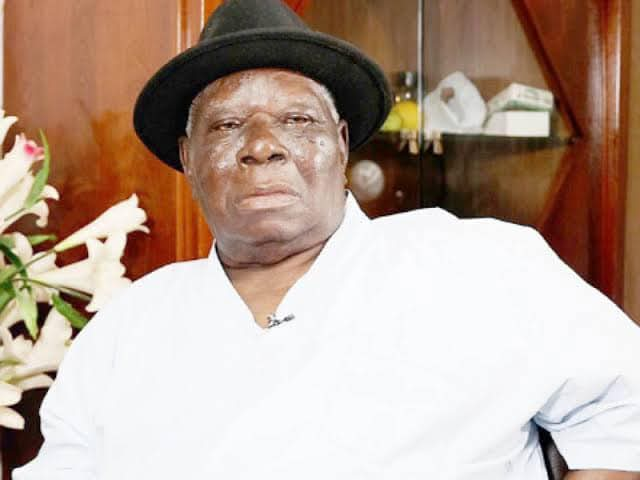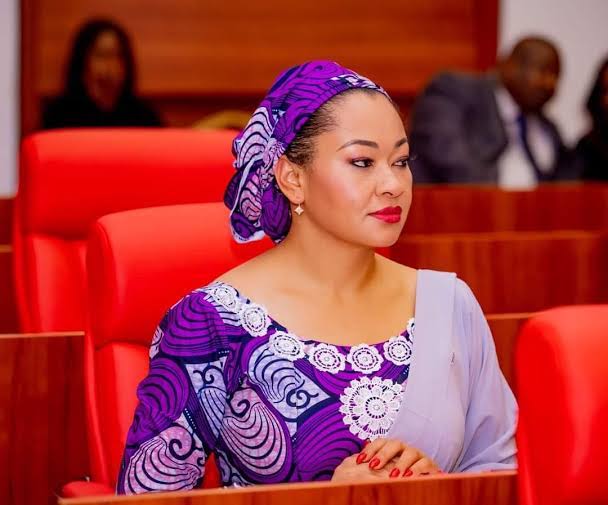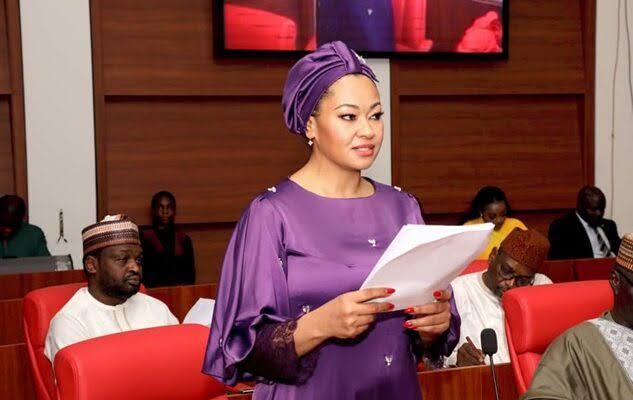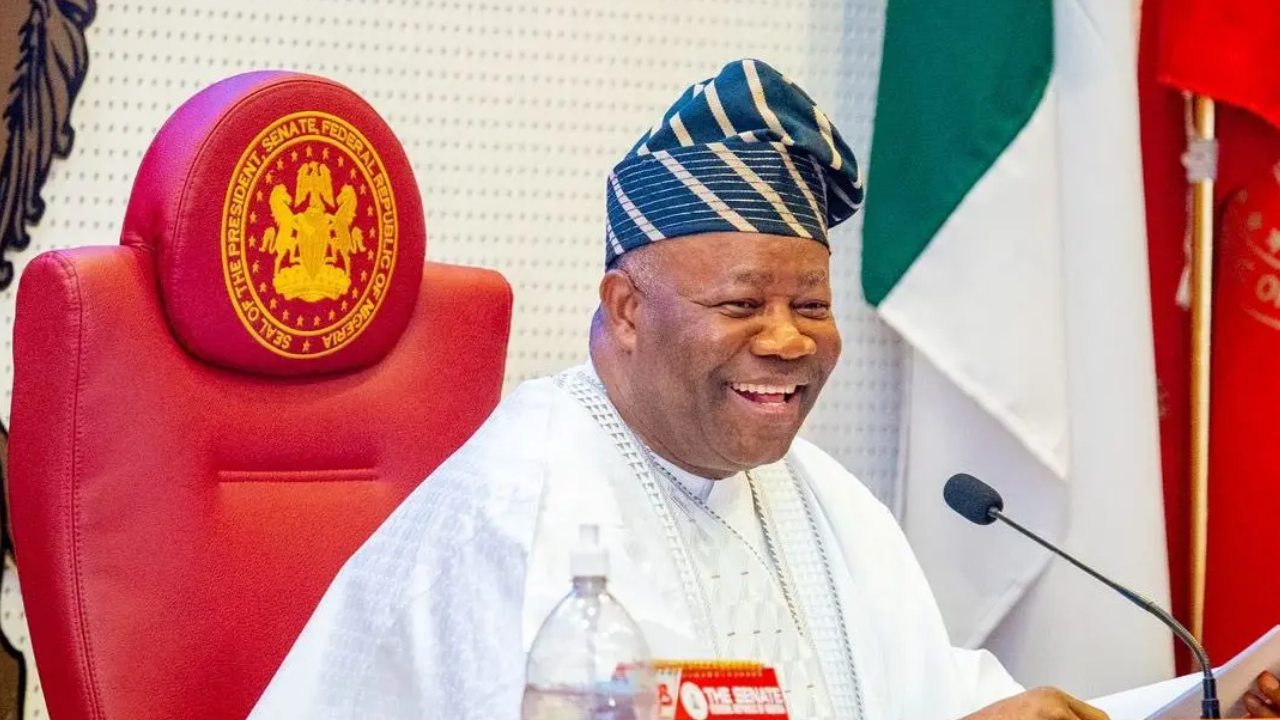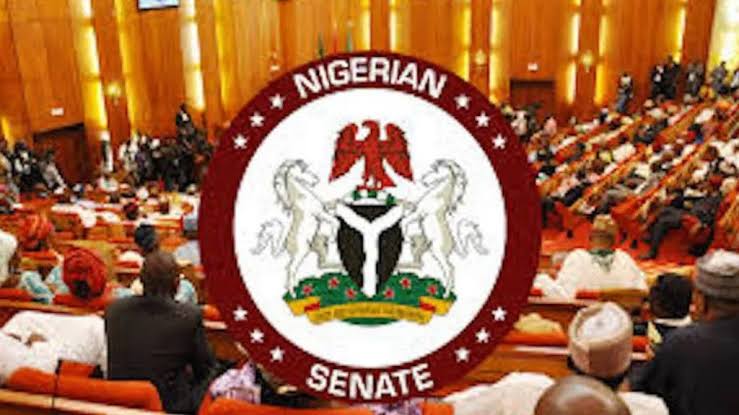By Hassan Gimba
“It’s a matter of taking the side of the weak against the strong, something the best people have always done.” – Harriet Beecher Stowe.
Not as many people know the popular novel Uncle Tom’s Cabin (1852), which depicts the harsh conditions experienced by enslaved African Americans, as they know its author, Harriet Elisabeth Beecher Stowe (June 14, 1811 – July 1, 1896). She was an American author and abolitionist. Coming from the religious Beecher family, her book reached an audience of millions as both a novel and a play. It became influential in the United States and Great Britain, energizing anti-slavery forces in the American North while provoking widespread anger in the South.
As an abolitionist—someone who sought to abolish slavery—and advocate for the full emancipation of enslaved people, Harriet stood by the weak. There is virtue in standing by the weak and vulnerable. It is also a core Islamic virtue, exemplified by Prophet Muhammad’s actions and teachings. A virtue rooted in compassion, justice, and the protection of the vulnerable. He stood for the oppressed, including the poor, orphans, and widows.
But Natasha is neither poor nor a widow. The beauty who made heads turn on her first day in the Senate (recall the senator who had to be called to order when he started talking about her beauty on the Senate floor) is also not voiceless.
But despite a beauty so astounding that a former senator, who was also a minister, had to confess to the world that: “The beauty of Distinguished Senator Natasha is a problem to her,” and that “there is no way, when she is passing, that a man will not look at that woman,” my leaning towards her is because she is the underdog, and I am one person who loves to pitch his tent with the underdog. Some say this predilection is rooted in compassion, empathy, justice, and a commitment to protecting those who cannot defend themselves.
However, Natasha is an Amazon who can defend herself. Ask Yahaya Bello. I am sure he would tell you she is “one hell” of an uncommon woman he would never want to have as an opponent. And this is why I laughed when the Senate President (SP), Godswill Akpabio, lamented that her actions had traumatized the Senate. That ₦15 billion clinic he plans to build for senators should be a Trauma Centre because, with Natasha, as the Americans would say, “he ain’t seen no trauma yet.”
Even her name, Natasha, is uncommon in Nigeria. Though well-known and commonly used in Ukraine, it is Russian. It is a diminutive form of the Latin name Natalia, meaning “born on Christmas Day” or “birthday of the Lord.” She might have gotten that name courtesy of her Ukrainian mother, Ludmila Kravchenko, from Rakitna, Chernivtsi, in Ukraine. But without a doubt, her beauty was inherited from her mother. It looks like it is not only the beauty she got from her mummy but also her fighting spirit. Did you not see how Ukraine took on Mighty Russia? We are not talking about the wisdom, but the “balls” to not back down from a fight.
Again, that fighting spirit may have come to her from two sides. Barrister Natasha Hadiza Akpoti, born on December 9, 1979, in Ilorin, was sired by a Nigerian Igbira father, Dr Jimoh Abdul Akpoti, from Ihima, of the Emani clan in Kogi State. The Igbira are known warriors, but those of Iheme, particularly the Emani, are more dreaded.
Many people tend to assume that Natasha was suspended—a suspension that is under contention—for six months because she alleged that the SP harassed her sexually. No, the “gadfly” belle of the red chamber was hammered with a six-month suspension purportedly because she went against a Senate rule. And going against Senate rules means your constituency would pay for it by your suspension! But we know West Idahosa (SAN), revealed that he heard the SP instructing that Natasha’s suspension be prepared even before the Ethics Committee deliberated on her “crime.”
One may want to know where the other female senators were when their colleague was being hounded. Rightly or wrongly, there is an unwritten law for kindred to look out for each other, even if they would talk the truth to themselves behind closed doors later.
However, those waiting to see that may wait till “Thy Kingdom Come” because Nigerian women are not known to stand by their ilk. Sarah Jibril can attest to that. Despite her advocacy for the emancipation and empowerment of Nigerian women and children, she got only one vote (apparently hers) at the 2011 Peoples Democratic Party’s presidential primary elections despite the many female delegates who voted. She fared better four years earlier when she got four votes.
Some would say most Nigerian women prefer to behave like the women in the following story: “Soldiers entered a village and raped all the women. Only one resisted a soldier, killed him, and cut off his head! After the soldiers completed their mission and returned to their barracks, all the women came out of their houses with torn clothes, crying, except her! She exited her house with the soldier’s head in her hands. Her look was full of pride, and she said, ‘Did you think I would let him rape me without killing him or him killing me?’ The women in the village looked at each other and decided that she should be killed so that their husbands would not ask them why they did not resist like her! She was attacked and murdered. They murdered Honour so that shame could live.”
Perhaps this is why Bisi Fayemi, former First Lady of Ekiti State, condemned former senators Florence Ita-Giwa and Biodun Olujimi and serving senator Ireti Kingibe for not supporting Natasha. “Senator Kingibe, Olujimi, and Ita-Giwa’s submissions on Senator Natasha are very disappointing,” she said.
There was a senator who even dragged the name of his former governor into the fray to score a point and perhaps look good in the SP’s books, but his governor punctured his balloon; we have not heard from him since.
Most senators behaved like conspiring vultures circling over a kill to take their share of the flesh!
Beyond all this, one can see why women, the beautiful and the not-so-beautiful ones, are sceptical of joining politics, and why husbands, the good and even the not-so-good ones, are afraid to let their wives associate with politicians.
Natasha’s travail reveals that the opposition in Nigeria, whose vibrancy should be seen in the legislative house, is dying, if not dead. No senator from other parties was seen standing by her. It was a day when supposed vibrant senators went MIA (Missing in Action). And that is how they will each be picked, pecked, heckled, and cowered into a state of “Sidon look.”
The opposition, or probably all Senators, should read the story of the rat who called a meeting of farm animals in panic and told them that the farmer had set a rat trap. The pigeon, chicken, goat, and cow all “sympathised” with him but insisted it was his problem since they were not rats. The story ended tragically for them, minus the rat.
Natasha’s story is a lesson for all, not only politicians. Learn to fight your battles discreetly and gather enough facts. The moment your opponent not only deciphers but sees where you are going, you are a goner.
Hassan Gimba, anipr, is the CEO/Publisher of Neptune Prime.
